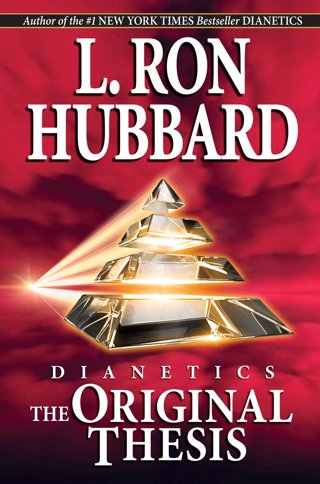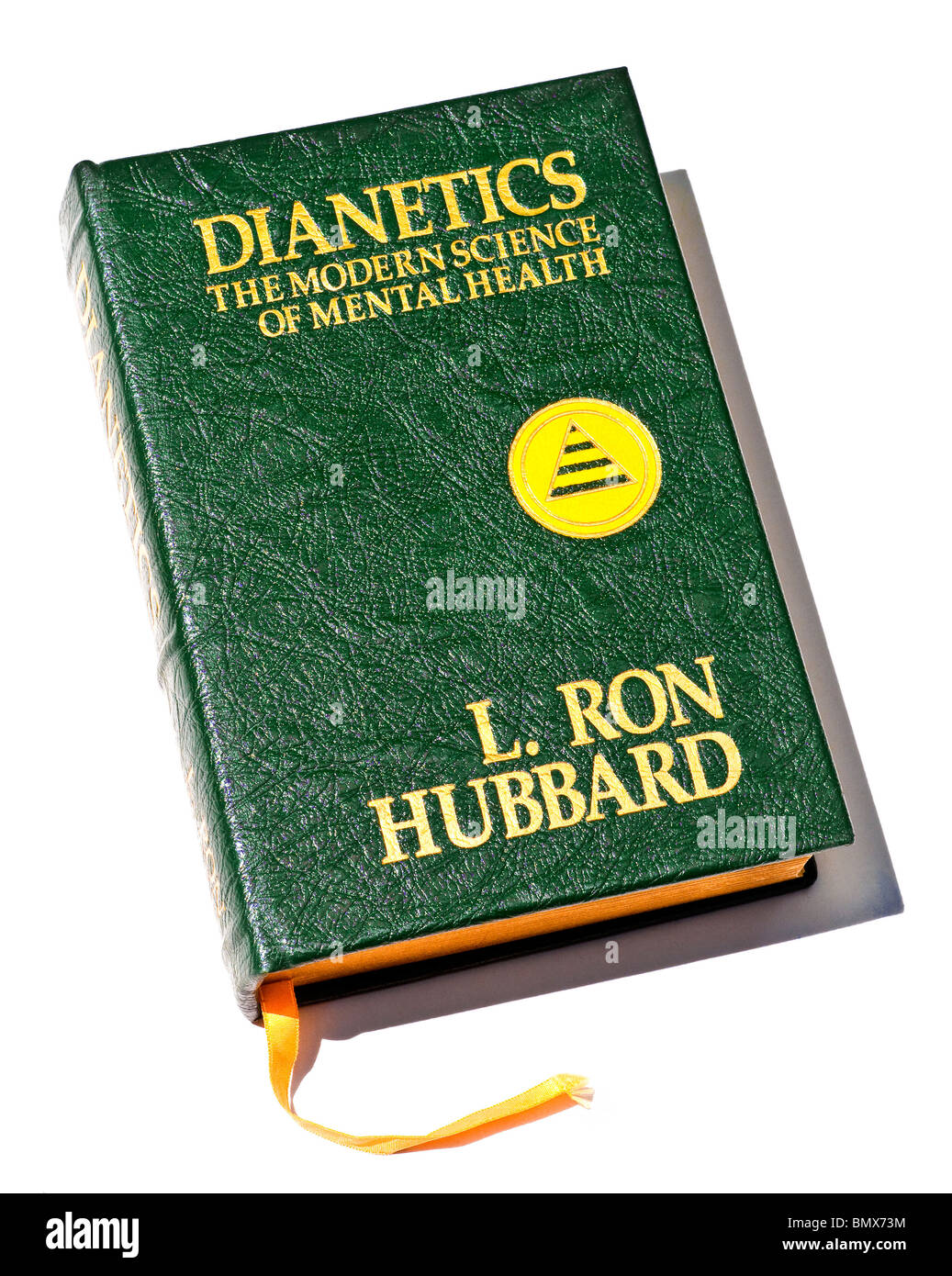Everything about Dianetics
Everything about Dianetics
Blog Article
A Biased View of Dianetics
Table of ContentsSome Known Incorrect Statements About Dianetics The Greatest Guide To DianeticsSome Known Incorrect Statements About Dianetics Top Guidelines Of Dianetics
I couldn't ever before not intend to get anything that comes to mind for you- if it was or else, I wouldn't be resting here with you, doing this. I not only might never have a problem, or otherwise wish to hear something that comes to mind for you, yet I'm completely anxious to understand every idea, every idea, every picture or feeling that arises or materializes for you- do not ever think or else, and if for some reason you do, please just let me understand! Often, you may have a thought, and photo, idea or incident appear that does not seem to answer the inquiry, or connect to it, yet nevertheless, constantly do inform me concerning it, and as we continue, the significance will emerge for you.This is inherent in the basis of handling, and the topic of this conversation: the basic roles of the counselor and the customer: The basic role of the counselor is, in contrast to "conventional training", not to manage, which indicates to apply and/or prevent, but to rather function from the basis of EMPOWERING THE CLIENT.

7 Simple Techniques For Dianetics
John Mcmasters revealed this standard reality wonderfully well in one of his lectures on Power processing, in which he clarifies just how he was asked what this "unique flair" was that he had for giving such terrific sessions; he had to consider that for a minute, and found that it was what he had not been doing, as well as what he was doing: he had not been examining, evaluating, computer, or actually, creating any type of thoughts, allow alone verbal expressions, after giving the command and while waiting on the PC to finish their solution to their complete satisfaction; he was, just and only, existing with the computer, and completely interested.
The duty of the therapist, showed; that was his "unique propensity". I have had my own experience which showed me this well, extremely beforehand in the game. In 1982, having actually recently completed my training and internship on New Period Dianetics, I was running this on a PC, and there was a factor in the session where (being a little bit damp behind the ears not yet having numerous hours under right here my belt as an expert auditor) the PC appeared to be "taking as well long" to express anything vocally after I provided him a command.
This key became one of the most beneficial contribution that John ever made to the subject of therapy or bookkeeping (Dianetics). In my humble point of view, it is the biggest contribution that anybody has actually ever made to these subjectsthe application is entirely non-judgemental, non-evaluative, and empty of any kind of tip, advice or opinion.no preconditioned schedule for people, or 'degrees' that they should do
In Idenics, the only resource of information regarding a client is the individual client. In Scientology we prided ourselves on not assessing for people. Yet all that really suggested was that the auditor did not VERBALLY review for the PC in session. The registrars and principles policemans reviewed for the PC.
Unknown Facts About Dianetics

Any person who had actually ever before seen John audit can not assist yet see a distinct top quality in his bookkeeping."The client's basic duty is to be there with the purpose of relocating the instructions of their spiritual objectives, and to openly and fully share and experience whatever materializes for them in answering the questions and carrying out the instructions in the handling.
This is something to process as needed. Yet also, individuals regularly have prior experience and/or indoctrination in auditing/processing which, in some ways, and to some extent, really misdirects them right into mindsets, ideas and habits patterns that avoid the full realization have a peek here of these duties, and so they will often tend to hinder the expressing of what comes to mind, as in the instances offered over. * The first, and maybe leading examples of mis-indoctrination causing less than totally smooth and efficient sessions, can be located in particular elements of the training routines, or "TR's":"TR's" are commonly a person's first, or a minimum of early, experience in Scientology, and while I will take place to discuss what I see as the defects in idea and method, nonetheless, often useful site tend to be considerably therapeutic, done as they are provided (Hubbard firmly insists that "TR's are not refining, they are educating", yet factually, they are both handling AND training)
There is no "failing", and no denial of the reality of this being handling. The emphasis, as it ought to be, is on experiencing the other individual's presence.
The Basic Principles Of Dianetics

Report this page